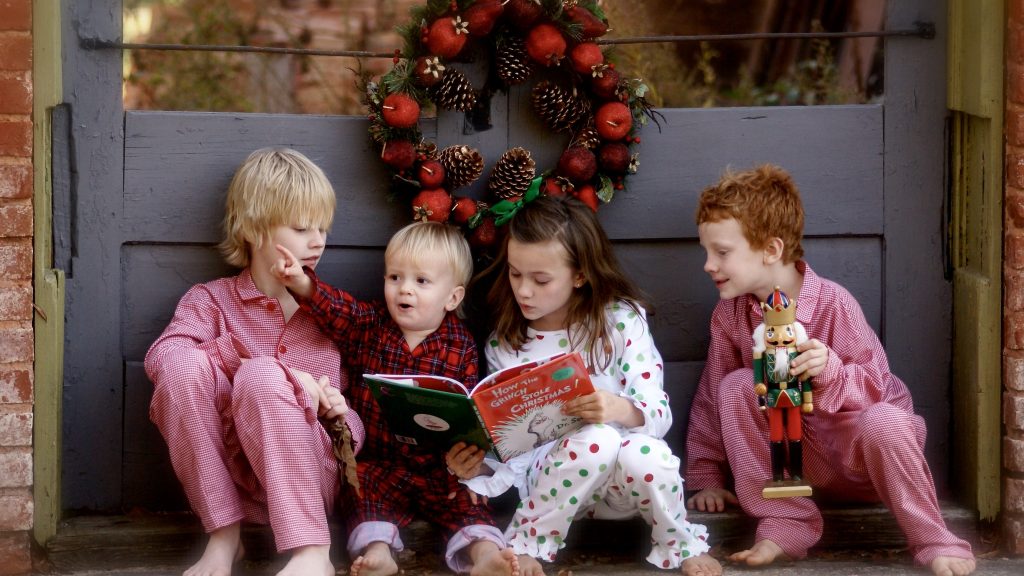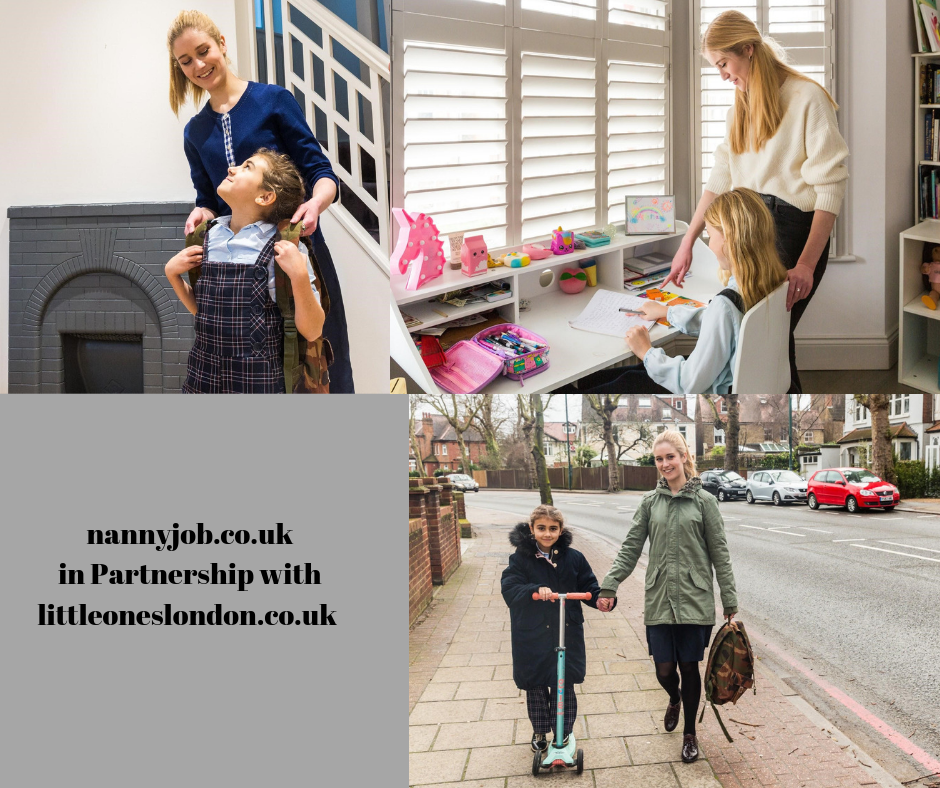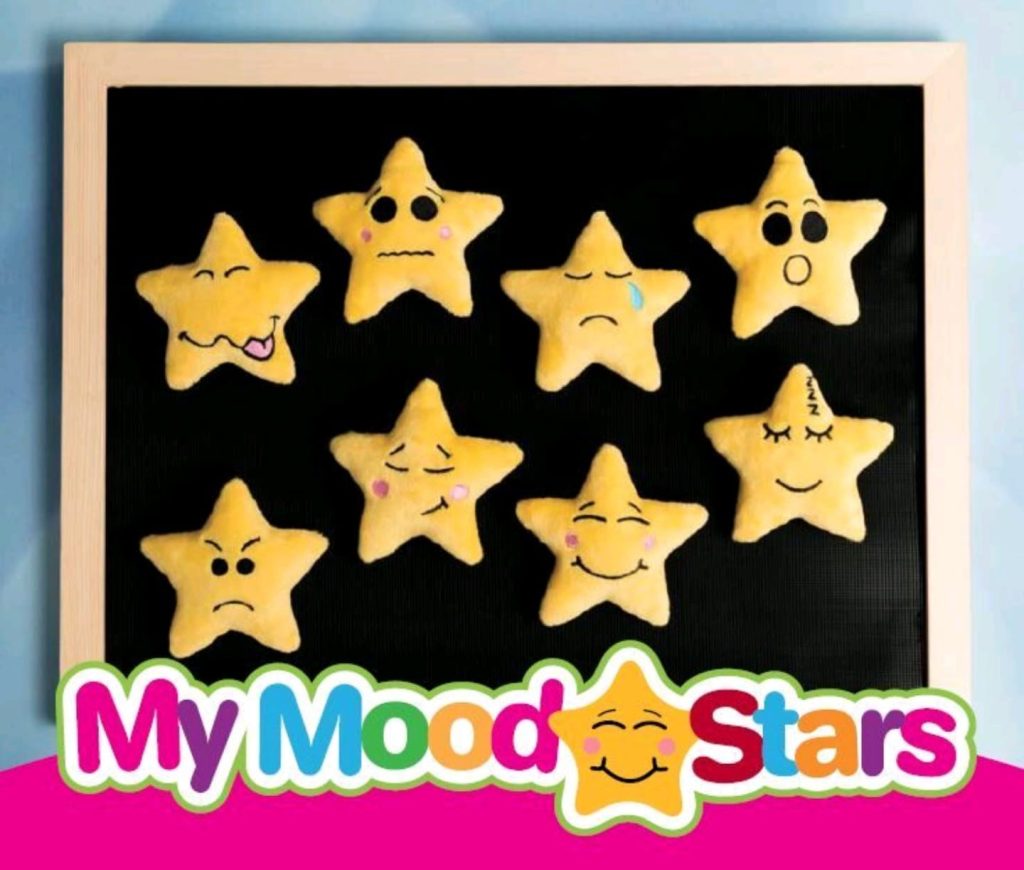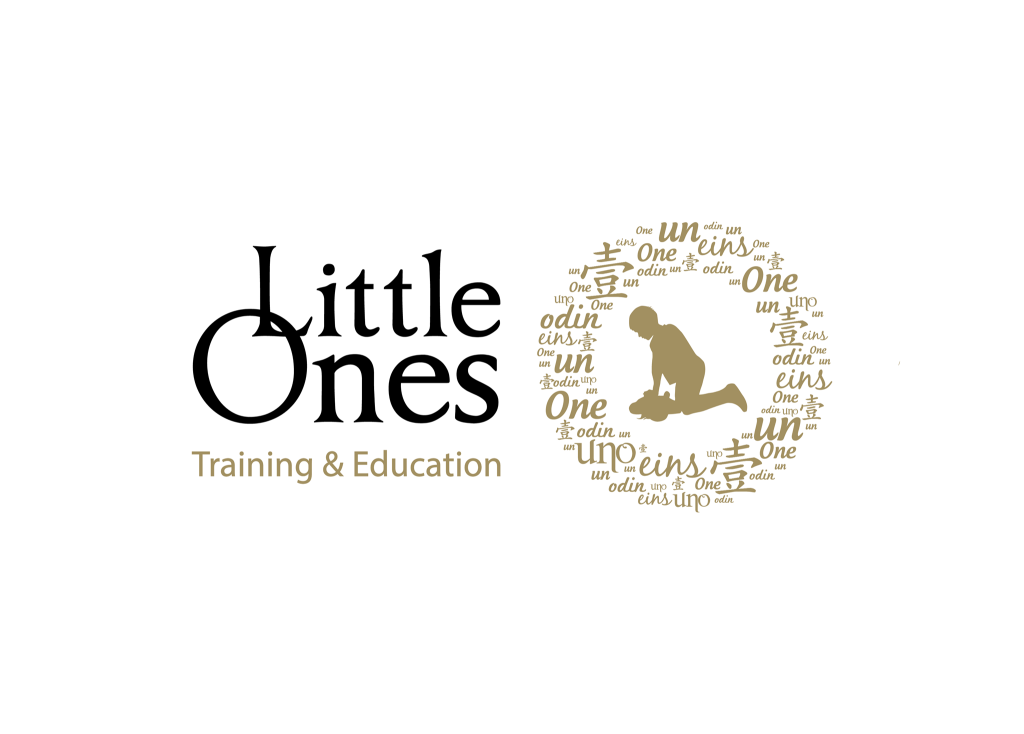If nanny is a student, they will still be subject to paying Tax and NIC on their salaries like normal workers if they earn above their personal allowance, which for the current tax year (19/20) is £12,500.00 gross per annum (£1,041.67 gross per month). If nanny’s earnings are below this threshold then they will not be subject to tax deductions on their salaries.
Nannies over the age of 16 will need to have Employee National Insurance deducted.
Nannies who are students and come from overseas will not be able to get a National Insurance refund if they return home, even if they work in the UK for a short period of time.
The only way a foreign student nanny could get exemption from National Insurance is to produce either an A1, E101 or E120 certificate from a European Economic Area (EEA)
If your student nanny leaves the UK to return to their native country during the tax year, they may be able to claim back some or all of the Tax which they may have paid on their salary in the UK. They would need to complete and return a form ‘P85’ to HMRC, including parts 2 and 3 of their P45 from their current employment. If nanny, has worked in the UK for a full tax year, then they will not be able to claim back the Tax which they have paid on their earnings.
The P85 form can be obtained by contacting HMRC directly.
https://www.gov.uk/tax-right-retire-abroad-return-to-uk











